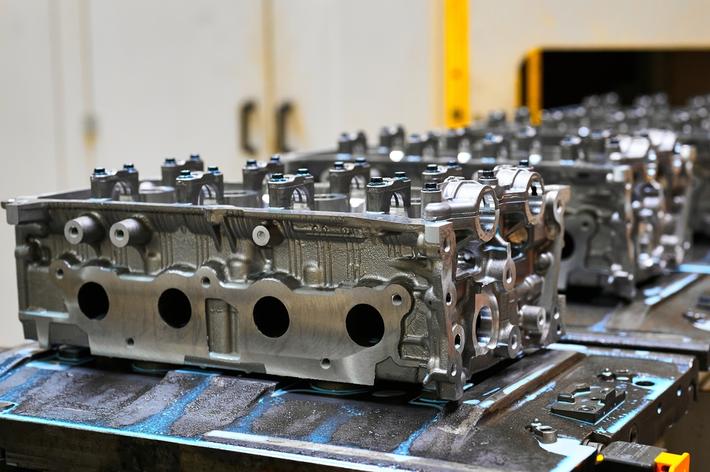
Electric motors and die-cast aluminium: stop to heat engines in the EU from 2035, the fears of the foundries
The final approval by the European Parliament of the agreement reached with the Council on the obligations to reduce CO2 emissions for new cars and new vans brings the future of the Italian automotive supply chain back into the spotlight, including foundries, which produce many components for means of transport.
Assofond promptly issued a note to express concern about the possible consequences for Italian foundries, a sector that has around 1,000 companies, with 30,000 employees and a total turnover of 7 billion euro.
The future of electric motors and die-cast aluminium
“The vote of the European Parliament is certainly not a surprise”, underlines the president of Assofond, “given that for some time now we have been dealing with a decision that continues to leave us perplexed from many points of view. While on the one hand the goal of zero emissions for cars is fully acceptable, on the other hand the real environmental benefits that can be concretely achieved are not yet fully understood. In fact, there are still strong doubts about the overall environmental footprint of an all-electric car fleet in terms of mining, disposal of batteries at the end of their life, creation of an electricity grid capable of meeting the charging needs of hundreds of millions of vehicles in circulation".
Setting the deadline for putting only zero-emission electric motors on the market at 2035 essentially means directing the car market towards a transition exclusively to electric mode, which to date is the only technology mature enough to guarantee this result. And this would have serious repercussions on engine components produced by die-cast aluminum foundries, 100% reusable at the end of their life in the casting cycle, which would undergo a significant reduction in their strategic position in the automotive sector.
To date, more than 50% of the castings made in Italy by non-ferrous metal foundries and almost 30% of those made by ferrous metal foundries are destined for the transport sector. Completely replacing internal combustion engines with electric ones would cause considerable upheaval in the sector, especially for those who specialize in the production of components for the propulsion group: just think that an electric motor contains about 70% fewer cast components than an internal combustion engine . We are moving towards the certainty of a European industrial shock in favor of technologies that favor non-European countries.
“However, I am convinced”, continues the president of Assofond, “that, also in the light of what happened on the energy markets in the last year and the difficulties associated with a full transition to electricity, the game is not over yet. In fact, EU legislation does not envisage electrification as the only way: in 2026 the Commission will evaluate whether to review the objectives taking into account technological developments, which could open up an important space for internal combustion engines powered by biofuels. Assofond, together with Confindustria and the other associations in the supply chain, is working precisely to promote the principle of technological neutrality: the common goal is to achieve zero emissions, while leaving the way open for all the technologies that can make it possible to achieve this result, while safeguarding at the same time the industrial fabric of the die-cast aluminum supply chain and the jobs that these companies guarantee".
Source: A&L Aluminum Alloys Pressure Diecasting Foundry Tecniques


